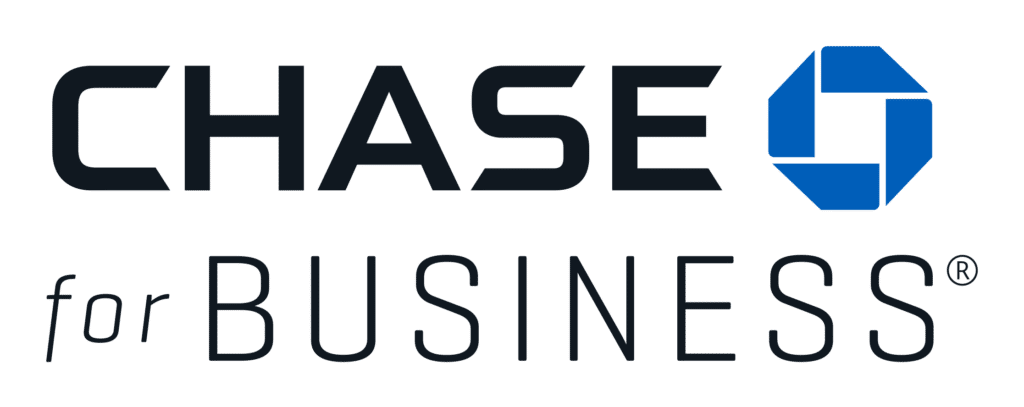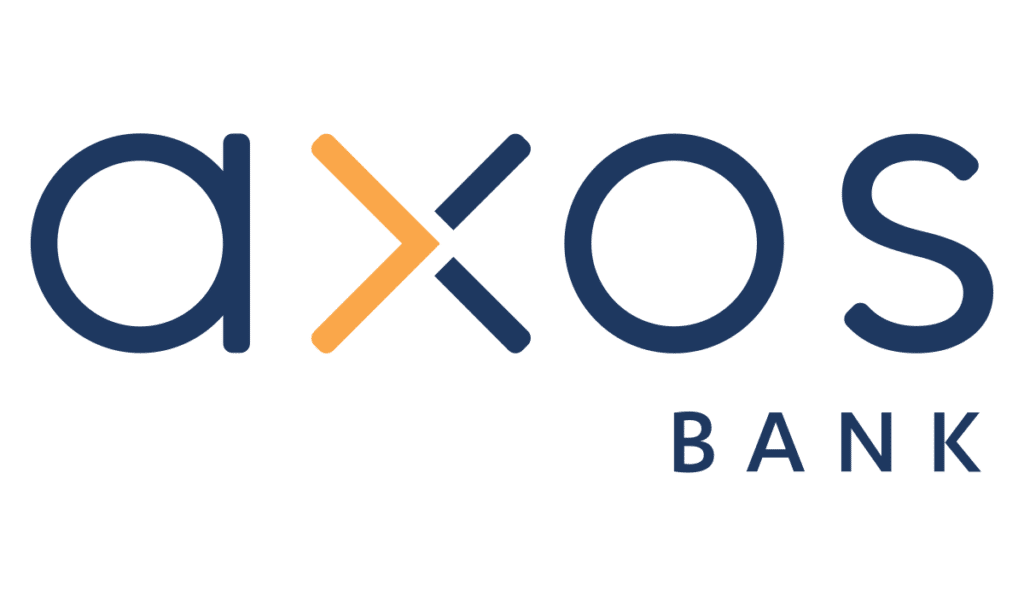What is Needed to Open a Small Business Bank Account?
As with everything, different banks will have different sets of rules. However, generally speaking, you’ll need the following when opening a small business bank account:
- Employer Identification Number (EIN), or your personal social security number if your business is a sole proprietorship.
- A license to operate your business, if necessary. Check with your bank to see if this is needed.
- Written agreements outlining allocation of ownership shares, including information on the owners.
- The formation documents of your business
And remember, when it comes down to it banks can request or require whatever documents they want. . It’s best to check in with your bank before starting the account opening process to get a precise list of all the requirements, perhaps by calling customer service before you begin the process.
What Does an LLC Need to Open a Bank Account?
In general, a Limited Liability Corporation (LLC) needs the following to open a bank account:
- Business address and name.
- The primary country and state in which the business will operate.
- The date the business was established, specifically month and year.
- The country and state in which your business was formed.
- The business’ tax ID number, or your Employee Identification Number (EIN).
- Personal information for everyone included in the application. That means social security numbers and DOBs for all owners who have at least a 25% stake in the business or are controlling business members.
While these are the most common requirements, banks can decide whatever documents they want you to provide. In most cases, you can check your bank’s website to see what the requirements for LLCs are or make a phone call to a representative to get the answers you need.
Small Business Checking Account FAQ
-
Depending on the account you choose, you may only have a limited number of free items or transactions per billing cycle. But what constitutes an “item or transaction”? ? Frustratingly, there can be different answers depending on the bank or financial institution. But in general, you should keep an eye our for debits, credits and deposited items. For example, depositing checks, making cash deposits, processing debit card transactions and ATM deposits would all fall under that category.
If you’re a brand new start-up business making only a few transactions a month, you may not care much about how many free transactions you get. But as your business grows, it may become more important. And it can be very labor intensive to switch bank accounts as your business grows and definitionally becomes more complicated. So keep this in mind as you make your decision.
-
Like business credit cards, certain small business checking accounts offer sign-up or promotional bonuses to incentivize new customers to open an account. It’s important to remember, however, that any cash bonuses business owners receive are considered interest and, as such, will be taxable. You should receive a Form 1099-INT from your bank at the beginning of tax season, which you’ll use to file your return.
-
The short answer is: no. Cash deposits are often not an option with digital banks, even those that have extensive ATM networks. So if your business works a lot with cash deposits, you’ll want a non-electronic way to deposit it at a local brick-and-mortar branch. And of course virtually every physical bank offers online banking features these days, so you may not lose out on convenience if you opt for this route.
-
You’ll need most of the information required to open a personal bank account, with a few key differences. And remember, every bank is different. While some of these eligibility requirements are fairly standard across the board, never forget to read the fine print when signing up for a new financial product. For starters, you’ll need your employer identification number (EIN), or your Social Security number (SSN) if you’re a sole proprietor.
Depending on your business and bank requirements, you could also need to provide your business or practitioner’s license, as well as ownership agreements and business formation documents, if applicable.
Your new small business account may require a minimum opening balance as well, so make sure to have that on hand. -
If you’re a sole proprietor or run a personal consulting business, you might ask yourself if it’s worth opening a whole new checking account for your business. After all, you’re the only one handling the money. But, regardless of the size of your business, the short answer is that it’s almost always worth opening a separate business account.
Strictly from an accounting and tax perspective, separating your personal and business bank accounts will make things worlds easier for you. You’ll also be provided with a more easily accessible view of your revenue and expenses for your business, which can help you make better decisions.
This same logic applies for credit cards. And further, credit card interest is deductible if incurred for business expenses. But if you’re using the same card for business and personal expenses, then figuring out how much you can deduct come tax season will be more of a hassle than it needs to be.
-
No-fee business checking accounts can be the perfect solution for many businesses, especially start-ups with relatively simple financial structures. But as you shop around and compare your options, remember that you need to not only keep an eye out for fees, but account features as well.
If an account charges a monthly maintenance fee of $5, for example, but provides a benefit that’s worth $20 a month from a third-party vendor, then it might be better to choose that over a free business checking account.
-
The short answer is: yes. if your small business is a sole proprietorship, you may be able to use a regular bank account. A sole proprietorship means that you own 100% of the business, and all of the relevant paperwork is registered in your name. This would enable you to write checks that can cover the business’ expenses and accept payments from customers.
But just because you can doesn’t mean you should. In the majority of cases, it’s smarter to open a business bank account. With a business account,you can write checks in the name of the business, get a business debit card and accept checks and payments addressed to your business. And don’t underestimate the usefulness of separating your business bank account from your personal bank account come tax season.
Plus, by having multiple distinct accounts, it’s much easier to parse your personal and business finances. You can analyze each separately, improving how you manage each of them on an individual basis according to your personal and business goals. In this way, you can make it easier to avoid spending personal money to fund your business once it gets off the ground. Once your business can support itself using its own bank account, for instance, you’ll know how well it’s doing.
-
There are several banks that make it comparatively simple to open a business account, as long as you have the required documents. Most online banks, especially, have relatively easy sign-up processes when it comes to opening business accounts.




